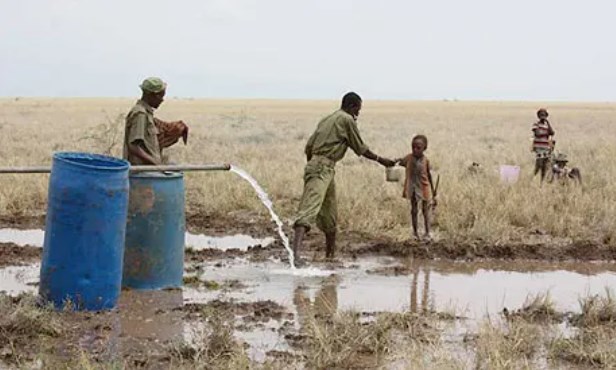Kenya’s government has established a police division to guard its water sources against terrorism and vandalism.
Kithure Kindiki, Kenya’s interior minister, announced that the Critical Infrastructure Police Unit would now be responsible for protecting all vital water infrastructure (CIPU).
Prof. Kindiki, who made the revelation, claimed that criminals have made attempts to gain access to this infrastructure for financial gain and “to threaten our country’s security.”
Kenya has experienced regular attacks and threats of attacks in recent years, particularly from the al-Qaeda-affiliated group al-Shabab, whose raids on public buildings and transportation have resulted in the deaths of hundreds of people.
In addition, the water ministry claims that illegal squatter occupation and vandalism have been costing Kenya millions of dollars annually. This critical infrastructure in Kenya includes water reservoirs like forests and dams.
According to Paul Rono, the principal secretary for the ministry of water and sanitation, Kenya plans to erect over 1,000 smaller dams in addition to almost 100 enormous ones in the upcoming years.
Mr. Rono stated that “it is important to ensure that this infrastructure is safeguarded against vandalism, destruction, and damage.”
In Kenya, vandalism is not a recent issue. In 2020, Uhuru Kenyatta, a former president, threatened to hang vandals for ruining the nation’s $3 billion (£2.4 billion) standard gauge railway.
Guard rails were being stolen by vandals to be sold on the illicit market for scrap metal, which is thought to be worth millions of dollars.
Concerns have also been raised over the vandalism of Kenya’s power cables and pylons.

